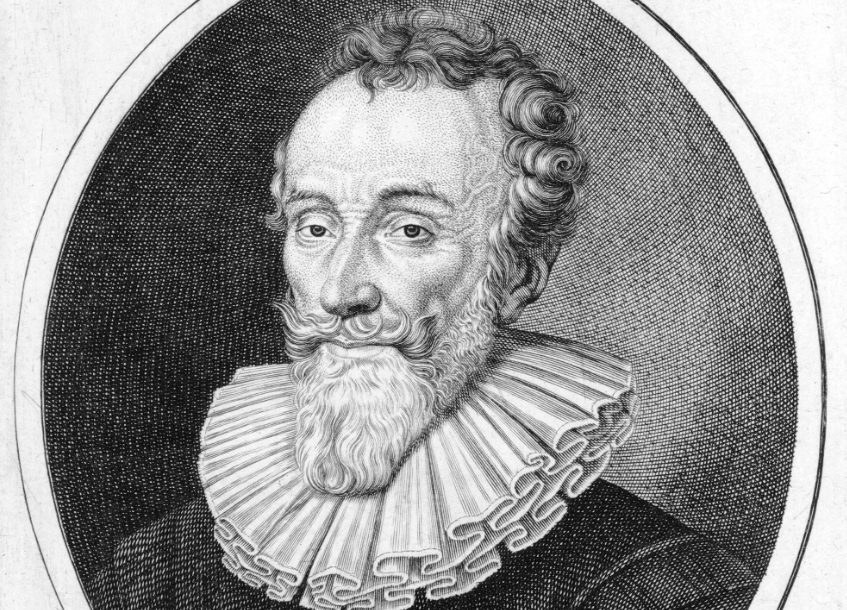Discover the life and enduring influence of François de Malherbe (1555-1628), a French poet and critic whose impact on neoclassicism shaped the course of French poetry. From his early association with the Pléiade movement to becoming the court poet under King Henry IV, Malherbe’s journey reflects his quest for royal favor and financial stability.

Source: wikipedia.org
François de Malherbe; (1555-1628), French poet and critic, who prepared the way for neoclassicism in French poetry. He set standards of composition and of style that influenced French poetry for many years after his death.
Life
Malherbe was born in Caen, France, of a family of magistrates of moderate means. He studied in Paris, Basel, and Heidelberg and then served for some years as secretary to the governor of Provence, Henri, duke of Angoulême. In the earlier part of his life, Malherbe was associated with the poets of the Renaissance Pléiade movement and wrote poetry in their rich, elegant, sonorous style. His best-known work of this period is Les larmes de Saint Pierre ( 1587 ), based on the poem Lagrime di San Pietro by the 16th century Italian author Luigi Tansillo.
Malherbe struggled for many years to gain the favor of the king and to achieve financial security. In 1605 he succeeded in becoming court poet to King Henry IV and held this post during the regency of Marie de Médicis and under Louis XIII. Respected and influential, he attracted many disciples. He was a frequent guest at the famous literary salon of Madame de Rambouillet, where he helped form the opinions and tastes of his time, gradually becoming the literary arbiter of France. Malherbe died in Paris on Oct. 16, 1628.
Works and Influence
Malherbe’s early enthusiasm for the style and tone of the Pléiade poetry gradually diminished, and he became increasingly critical of the writings of his former friends. He began to turn his efforts to purifying the French language and setting up rules to govern versification. Words of Italian origin, words lacking in “nobility,” new coinages, especially when the French language already had an equivalent word—all these were to be rigorously banned. Versification was submitted to a like discipline. Rhymes were strengthened, forms were tightened, and a system of logic and clarity was strictly imposed.
Although Malherbe’s later works, written according to these standards, have often been regarded as stilted and lacking in true poetic inspiration, his best poems are admirable for their great simplicity, purity, and precision of expression. Among his most famous poems are the Consolation à M. Du Périer (1599), written for a friend on the death of his daughter; Ode de Bienvenue (1600), composed for Marie de Médicis; the Sonnets à Caliste (1609); and, above all, the beautiful Paraphrase du Psaume CXLV (N’espérons plus, mon âme, aux promesses du monde; 1628).
Malherbe’s influence on poets of his and succeeding generations was increasingly appreciated. Boileau, the French critic and poet who was the most influential of the neoclassical critics, stated that French poetry began with Malherbe: “Enfin, Malherbe vint!” (“At last, Malherbe came!”). French literature from the middle to the end of the 17th century owes much of its perfection of form to Malherbe, and his influence continued to be felt into the 19th century.